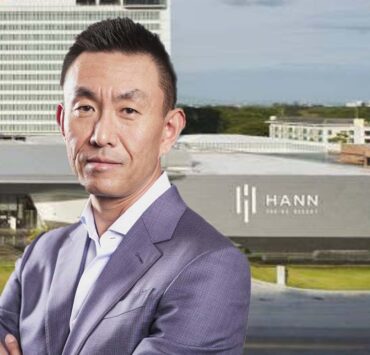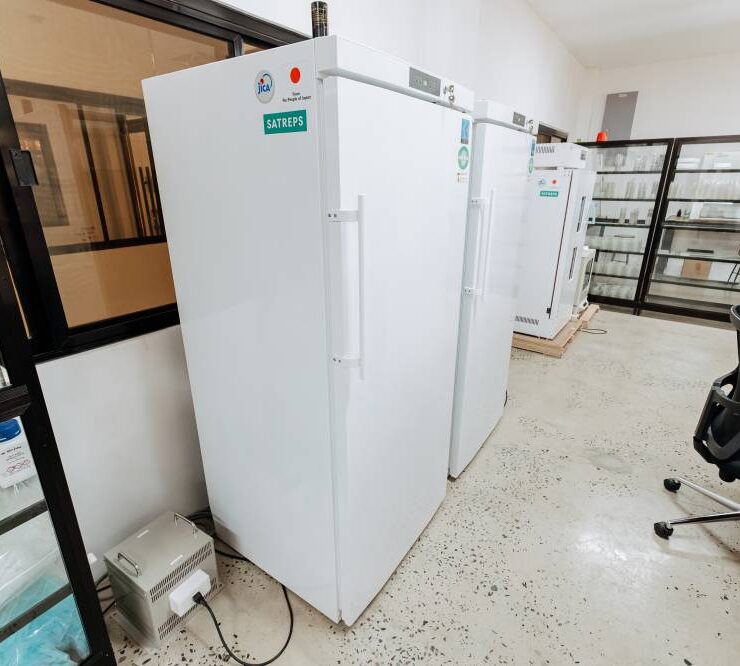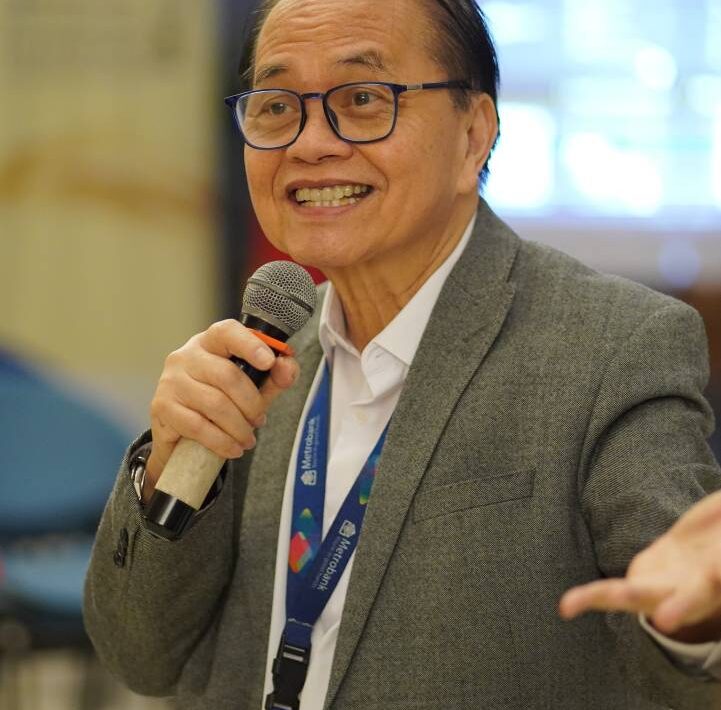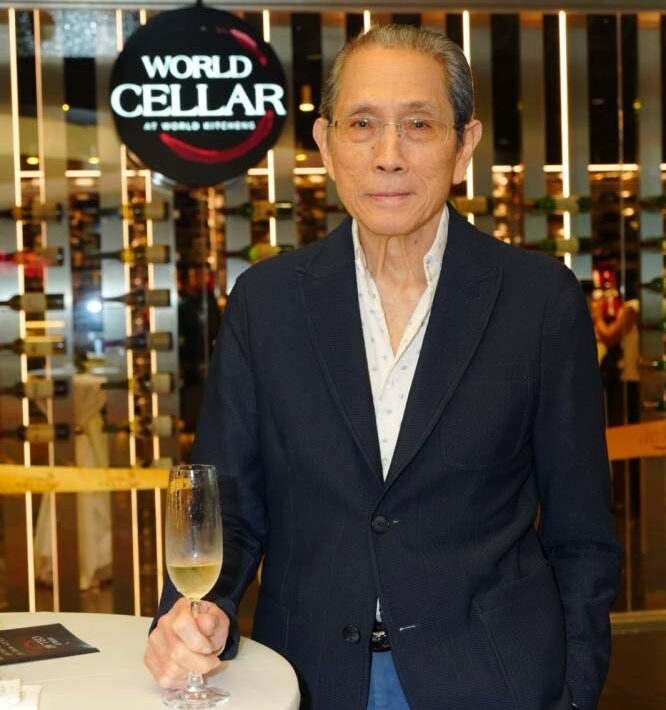PH marine exploration excites OceanX founder Mark Dalio
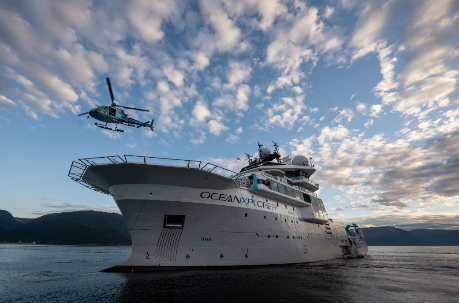
OceanXplorer, reputedly the most advanced exploration, scientific research and media production vessel ever built, is scheduled to set sail early next year for the Philippines, where it may very well discover in the depths of its marine resources the very essence of life.
This excites Mark Dalio, founder and co-CEO of OceanX, a global ocean exploration nonprofit organization on a noble mission to “explore the ocean and bring it back to the world.”
Dalio tells SundayBiz in a recent interview during the Philanthropy Asia Summit 2025 in Singapore that OceanX was originally scheduled to sail for the Philippines by the end of 2025 as part of a bigger multi-year mission to study the waters of Southeast Asia, home to some of the world’s most biodiverse yet at the same time threatened oceanic regions.
Schedule conflicts, however, pushed the timetable to early 2026, possibly as early as January.
He says that the group is still identifying the exact locations where OceanX and its partners will conduct the research given that there are just so many to choose from in the Philippines, which is deemed among the world’s most ecologically rich countries.
“Part of the challenge is that you have a lot of water, a lot of amazing locations. So it is almost like being a kid in a candy store in terms of location,” says Dalio.
He came over to the Philippines late last year with the OceanXplorer and his team to conduct exploratory talks with government agencies, potential partners and collaborators from the academic community, civil society and the private sector.
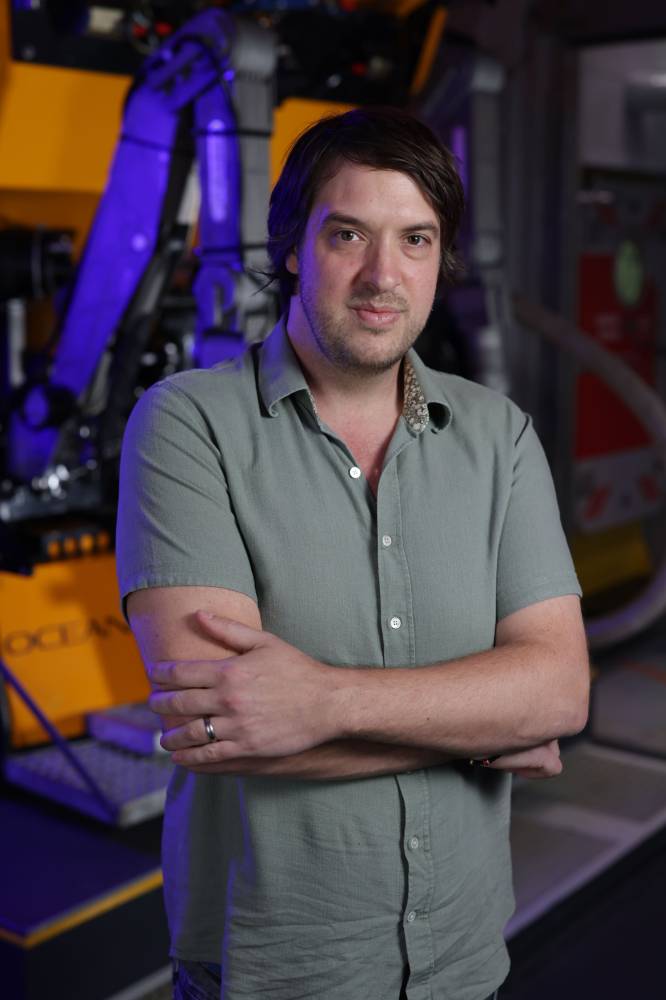
Partnership with DA
Among others, those initial talks yielded an agreement between OceanX and the Department of Agriculture to assess the health and diversity of the country’s fisheries, and therefore the food resources of the Philippine seas.
Agriculture Secretary Francisco Tiu Laurel Jr. has highlighted the potential long-term benefits for the Philippines of the research of OceanX, which also aims to improve the study, protection and sustainable development of marine ecosystems.
“The data we gather will provide invaluable insights into our marine resources, our vast coastline and the unique biodiversity we hold. It will help us devise better strategies for preserving and optimizing these resources for future generations,” Tiu Laurel says.
Dalio adds that cutting-edge technology, combined with meaningful collaboration with agencies such as the DA, can unravel some of the mysteries of the ocean and provide actionable insights for sustainable resource management, especially as Filipinos derive a significant portion of their protein needs from the ocean.
“Our partnership with the DA exemplifies how science and innovation can come together to create a long-term impact, not only in understanding marine ecosystems but also in supporting communities that depend on them,” he says.
“We look forward to working with the many scientists, policymakers and community stakeholders, aimed to inspire stewardship of the oceans while equipping future generations with the knowledge and tools to ensure their sustainability,” Dalio adds.
Last year, OceanX was in Singapore and likewise went on a mission in Malaysia.
A former oil and petroleum survey ship, OceanXplorer was completely retrofitted by OceanX to be both an advanced research and science lab and a Hollywood-caliber media production studio.
Its Triton submersibles, for example, can go down to as deep as 1,000 meters below sea level. They come equipped with powerful cameras and a variety of tools that they can use to observe, document and then collect samples for further study on board the ship.
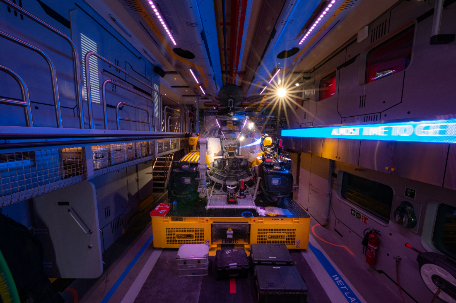
Learning is helping
OceanX is an operating program of Dalio Philanthropies that furthers the diverse philanthropic interests of Dalio family members.
The group was founded by Raymond Thomas Dalio, founder of Bridgewater Associates, the world’s biggest hedge fund that serves institutional clients such as pension funds, foreign governments and central banks, as well as charitable foundations, family offices and high-net worth individuals.
It dedicated time last year to solicit proposals for collaboration with the educational organizations to maximize its stay in the Philippines and ensure that the research that they produce will be able to do the most good.
Dalio says the work on fisheries and biodiversity assessments should have a financial impact on countries, considering that fish is also an export product.
“If we can use our full genomics lab on board, we can kind of understand the health of the fisheries in a more targeted way,” explains Dalio. “If we can help determine the health of the fisheries and outline data points, we can help keep them healthy. We can, for example, learn some of the reasons why there is a decline in fisheries in certain areas. Being able to do the research and with more real-time assessment of data, we will have long-term benefits.”















